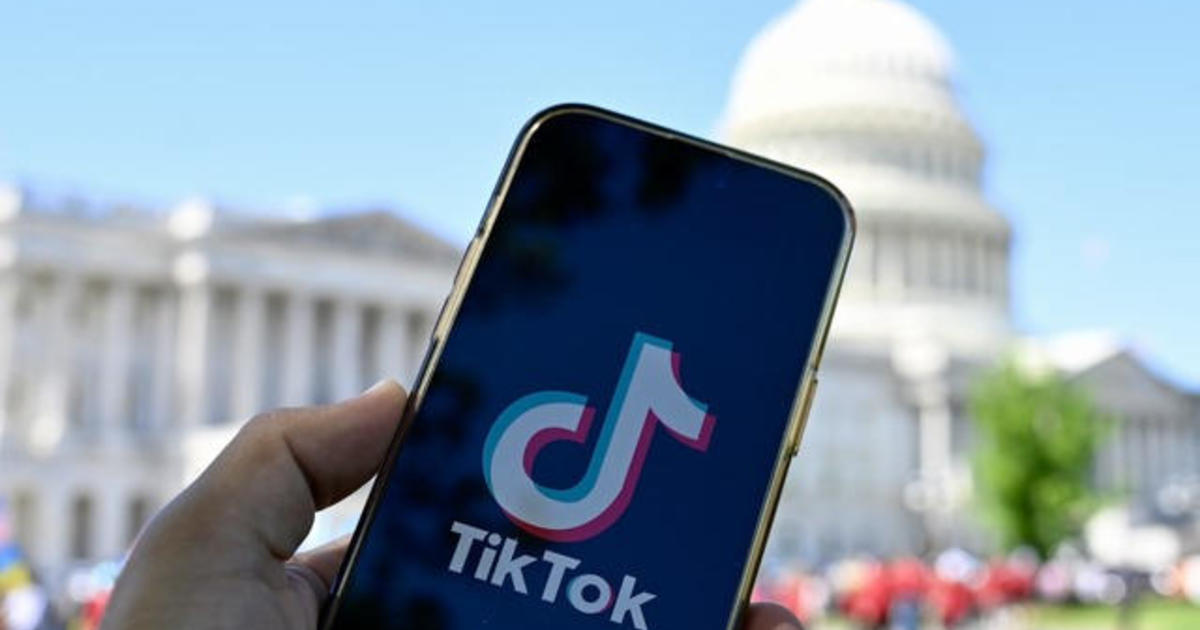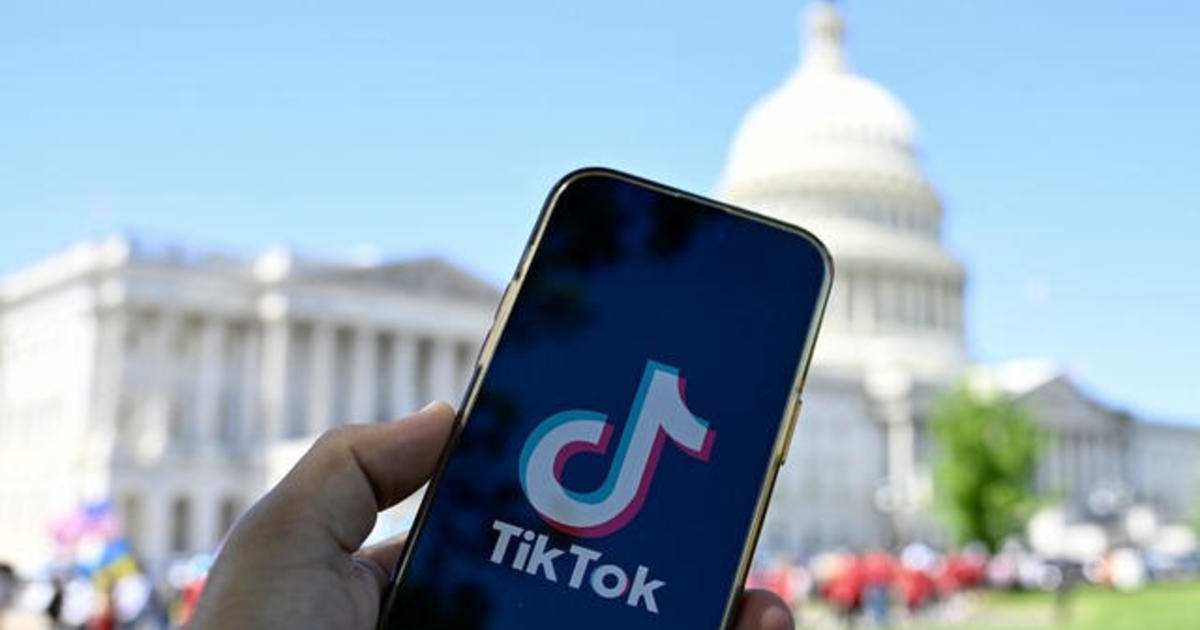FaceApp sparks myths and privacy fears. Here's how it works
FaceApp, an app that can instantly transform a photo of your current face into your younger and older selves is raising fears that on iPhones, it would be able to upload all your photos, including screenshots with sensitive financial information or photos of kids with the names of their schools in the background.
At the same time, Senate's top Democrat is urging federal agencies, including the FBI, to look into the potential national security and privacy risks the Russian-based phone app poses to the United States.
That's prompting many consumers to ask whether a peek into the future worth their privacy in the present. People raised fears on Twitter and other social media sites about the app's privacy policy and whether it can gain access to sensitive data like screenshots of personal health information.
That's not actually true, but the scuttle serves as a good reminder to think twice before downloading new apps.
Data mining
Even large, mainstream apps routinely collect user data. But many trendy-at-the-moment apps are guilty of mining user data as a primary purpose. Some personality quizzes on Facebook and similar services collect user information as a business, opening people up to breaches such as in the Cambridge Analytica scandal.
As for FaceApp, the app grabs a photo only if you specifically select it to see your face change, security researcher and Guardian Firewall CEO Will Strafach said.
iPhoto feature
The confusion comes from an iPhone feature that shows your photo library within the app. It is an Apple feature that lets you select a specific photo, but doesn't give the app full access to the library, even though it may appear that way.
You have the option of granting access to your entire photo library, but even then, there is no evidence the app is uploading anything other than the photo selected.
"I'm always looking for privacy concerns," said Strafach, who used a network analyzer tool to track what was happening. "When it's not happening, it's not happening."
There's a version of FaceApp for Android, but those phones don't tap photo libraries the same way.
That's not to say the app isn't free of problems, Strafach said.
Cloud exposure
Among other things, photos get sent to the cloud for processing in both the iPhone and Android versions, exposing them to hacking and other problems. FaceApp does not explicitly tell users that the photos are being sent to the cloud. Some apps try to limit exposure by doing the processing on the devices themselves, not in the cloud.
FaceApp's privacy policy also says it is using data from the app to serve targeted ads and to develop new products and features. It says it does not sell data to third party apps, but lists many exceptions including one that allows it to share data after removing information that identifies users.
Russian connection
FaceApp, which is developed in Russia by Wireless Lab, has had surges of viral popularity before. The app also allows people to swap their genders or add facial hair or makeup.
Wireless Lab told technology news site TechCrunch that it may store users' photos in the cloud, but "most" are deleted after 48 hours. It said no user data is transferred to Russia.
The company has not responded to questions from The Associated Press. It told TechCrunch that users can request to have their data deleted.
Even with those admissions, Strafach urged people to resist the pull of the app. He said the app should have been upfront and told users it was processing photos in the cloud rather than on phones.
"Bottom line is they were handling sensitive data and they handled it cavalierly and that's just not cool," he said.



